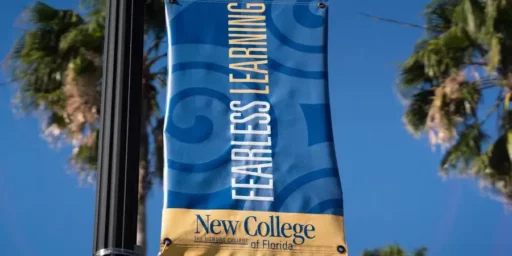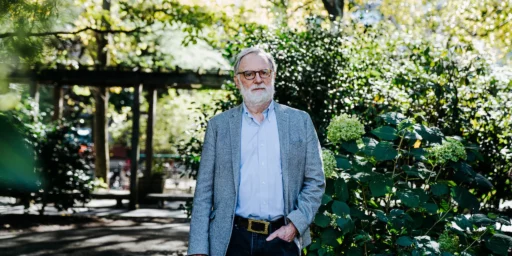Academic Hiring: Year of No Jobs
![]()
 For years, there’s been talk of a wave of Baby Boomer faculty retirements that would finally break the logjam that has made it difficult for newly minted PhDs to find jobs. The waiting continues:
For years, there’s been talk of a wave of Baby Boomer faculty retirements that would finally break the logjam that has made it difficult for newly minted PhDs to find jobs. The waiting continues:
Fulltime faculty jobs have not been easy to come by in recent decades, but this year the new crop of Ph.D. candidates is finding the prospects worse than ever. Public universities are bracing for severe cuts as state legislatures grapple with yawning deficits. At the same time, even the wealthiest private colleges have seen their endowments sink and donations slacken since the financial crisis. So a chill has set in at many higher education institutions, where partial or full-fledge hiring freezes have been imposed.
“This is a year of no jobs,” said Catherine Stimpson, the dean of the Graduate School of Arts and Sciences at New York University. Ph.D.s are stacked up, she said, “like planes hovering over La Guardia.”
Oh, and those old guys who were going to retire?
The anticipated wave of retirements by faculty members who are 60-something is likely to slow as retirement savings accounts and pensions wither, administrators and professors say. That means that some students who have finished postdoctoral fellowships and who expected to leave for faculty positions are staying put for another year, which in turn closes off an option for other graduate students coming up the ladder.
This particular set of issues was unpredictable but, alas, the general trend was. Even once the retirements finally happen, it’s unlikely that they’ll be replaced with tenure track hires. Rather, there will likely just be more people on the adjunct track.
There are, I hasten to add, ways of making a living other than teaching college.
UPDATE: There’s always law school, you say? Not so fast.
Photo by Flickr user stitching gremlin under Creative Commons license.






By redistribution, do you mean taking from those that worked for and earned the money through their own efforts and giving it to those who did not? Who will take the risks necessary to start new ventures if one cannot gain from that risk? Angel, let us come over to your house and redistribute some of your wealth. I want your computer. Not to change the subject, but James is right. There are many other ways to earn a living other than a professorship at University.
[Editor’s note: This comment is in response to another that was deleted for violation of site policies.]
In some fields this has been the case for a long time. For example, I remember that when I was an undergraduate well over a generation ago in order for a nuclear physicist to get a job a nuclear physicist needed to die or retire. Retirements were practically unheard of.
Another example is first-chair musicians in major symphony orchestras (where the real money is). I knew of cases young musicians waiting decades for their teachers to retire or die, meanwhile taking jobs as high school music teachers. If they could get them.
Re: law school
From time to time I’ve posted about the large number of layoffs of professionals from large law firms recently, particularly in New York and IIRC there’s something of a glut of lawyers in California, too.
Ah yes, the fabled Wave of Retirement. Much like the Holy Grail it is oft discussed, and yet never found…
I remember an article (I think it was in Newsweek) back in the late 1980s, right before I was going to apply for grad school, promising that right about the time I would be finishing that there would be jobs aplenty. And yet, not so much. Indeed, some version of that article comes out every few years.
Back when I was in university, the early 70s, grad students on the academic track were largely unemployable. Several PhD candidates in philosophy ended up teaching at private elementary schools, if they were lucky. Others ended up pumping gas, a job no longer available.
My school also closed its Astronomy program as it was producing more PhDs annually than there were jobs in the entire country. The program was sound; the profession was not.
We need a new boom, and I think shattering the intellectual property log-jam would help.
1) call any patent funded by 60% or greater public funds invalid (NASA patents, university patents), and make them revert to the public domain.
2) set copyright protection a fixed 50 years after date of publication
We should definitely protect real innovation and creative works, strongly, for reasonable spans, but a mesh of long-term IP claims don’t drive innovation, they block it. See also the tragedy of the anti-commons.
Also, while we may not be able to net-cut spending in a downturn, we can certainly shift it. A little less arts funding and a little more robotics (for cost-effective on-shore manufacturing) IMO.
Any PHD worth his or her salt should be able to learn a trade in a year or so.
Tradespeople are in demand.
Change you can believe in.